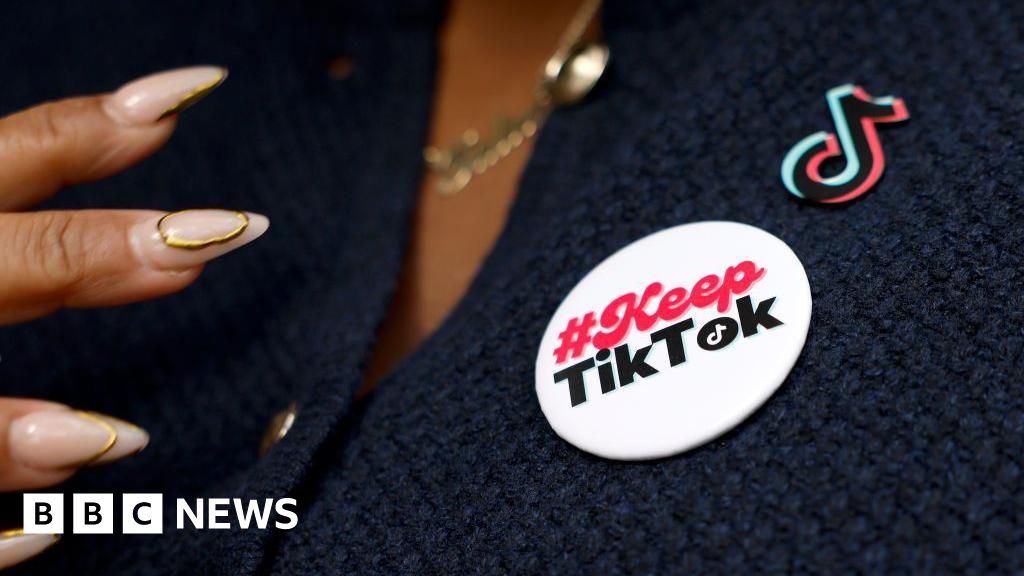
The US Supreme Court has agreed to hear last-ditch legal arguments from TikTok as to why it should not be banned or sold in the US.
The US government is taking action against the app because of what it says are its links to the Chinese state – links which TikTok and its parent company ByteDance have denied.
The Supreme Court justices did not act on a request by TikTok for an emergency injunction against the law, but will instead allow TikTok and ByteDance to make their case on 10 January – nine days before the ban is due to take effect.
Earlier in December, a federal appeals court rejected an attempt to overturn the legislation, saying it was “the culmination of extensive, bipartisan action by the Congress and by successive presidents”.
The Supreme Court is the highest legal authority in the US, though the decision to take on TikTok’s case is significant as it only hears 100 or so cases a year out of the more than 7,000 petitions it receives.
TikTok has previously argued that the attempt to ban it was unconstitutional because it would impact the free speech of its 170 million users in the country.
Its future does not just hang on the legal process, however – Donald Trump’s victory in the US presidential election may also hand it a lifeline.
He met TikTok boss Shou Zi Chew on Monday at his Mar-a-Lago estate in Florida, the BBC’s US partner CBS News reported, citing sources familiar with the meeting.
Trump has publicly said he opposes the ban, despite supporting one in his first term as president.
But he will not take office until 20 January, the day after the deadline for TikTok to be banned or sold.
“I have a warm spot in my heart for TikTok, because I won youth by 34 points,” he claimed at a press conference on Monday – though a majority of 18 to 29-year-olds backed his opponent Kamala Harris.
“There are those that say that TikTok has something to do with that,” he said.
But despite Trump’s support, Senate Republican Mitch McConnell urged the Supreme Court to reject TikTok’s bid.
In a brief filed to the court, he called the firm’s arguments “meritless and unsound”, according to Reuters.



